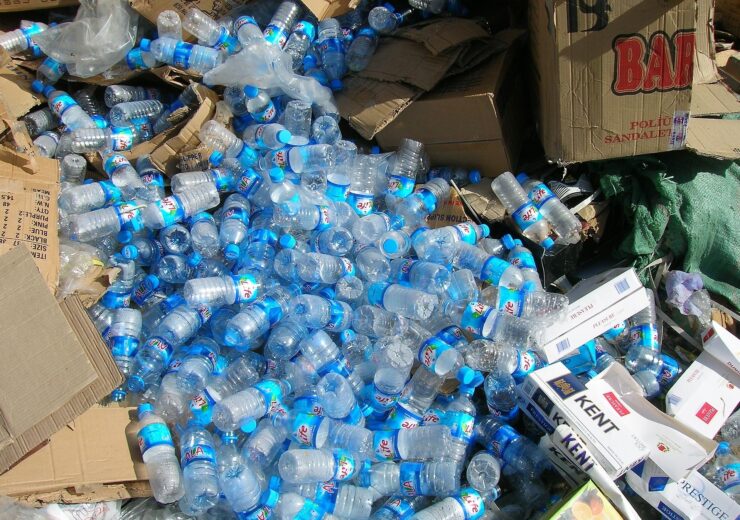The new raw materials will enable a circular approach to generate essential plastic items that comply with the need for growing food contact and medical applications

INEOS and Plastic Energy sign MoU to generate 100,000 tonnes of recycled raw materials from plastic waste. (Credit: Karl Allen Lugmayer from Pixabay)
Chemicals company INEOS Olefins & Polymers Europe and Plastic Energy have signed a Memorandum of Understanding (MoU) to generate 100,000 tonnes per annum of recycled raw materials from plastic waste at its steam cracker in Germany.
The new raw materials will enable a circular approach to produce essential plastic items that comply with the need for growing food contact and medical applications.
INEOS claimed that the agreement will enable the largest use of Plastic Energy technology on the market. The production is expected to start by the end of 2026.
The firm said that the production will be based at its steam cracker in Köln, Germany.
Plastic Energy’s patented TAC recycling technology will be used to convert difficult-to-recycle plastic waste into a valuable raw material called TACOIL.
TACOIL is said to be a Plastic Energy product that can be used to create virgin-quality polymers.
The chemical firm will also invest in technology to further process the TACOIL before feeding it to their steam crackers, where it will replace conventional raw materials extracted from oil.
The plastic waste can be transformed into brand-new materials of a virgin quality that is suitable for contact-sensitive packaging using advanced recycling techniques.
According to INEOS, the circular reuse of ‘end-of-life’ plastic will also help to minimise total emissions, supporting its transition to net zero.
INEOS O&P Europe North CEO Rob Ingram said: “Advanced recycling is an essential part of the solution for turning plastic waste into materials that can be used for demanding applications.
“Our position is that advanced recycling has to be done at scale in order to make the process environmentally and commercially viable.”
In 2020, INEOS and Plastic Energy announced their partnership to build a commercial-scale plant. The expansion of their collaboration is based on the positive use of TACOIL, which successfully turned into a virgin-quality polymer using the INEOS cracker in Köln, Germany.
The company expects that a third-party agency, such as ISCC or RSB, will validate that fossil-based feedstock has been replaced by new, recycled materials for sustainability benefits using a mass balancing technique.
